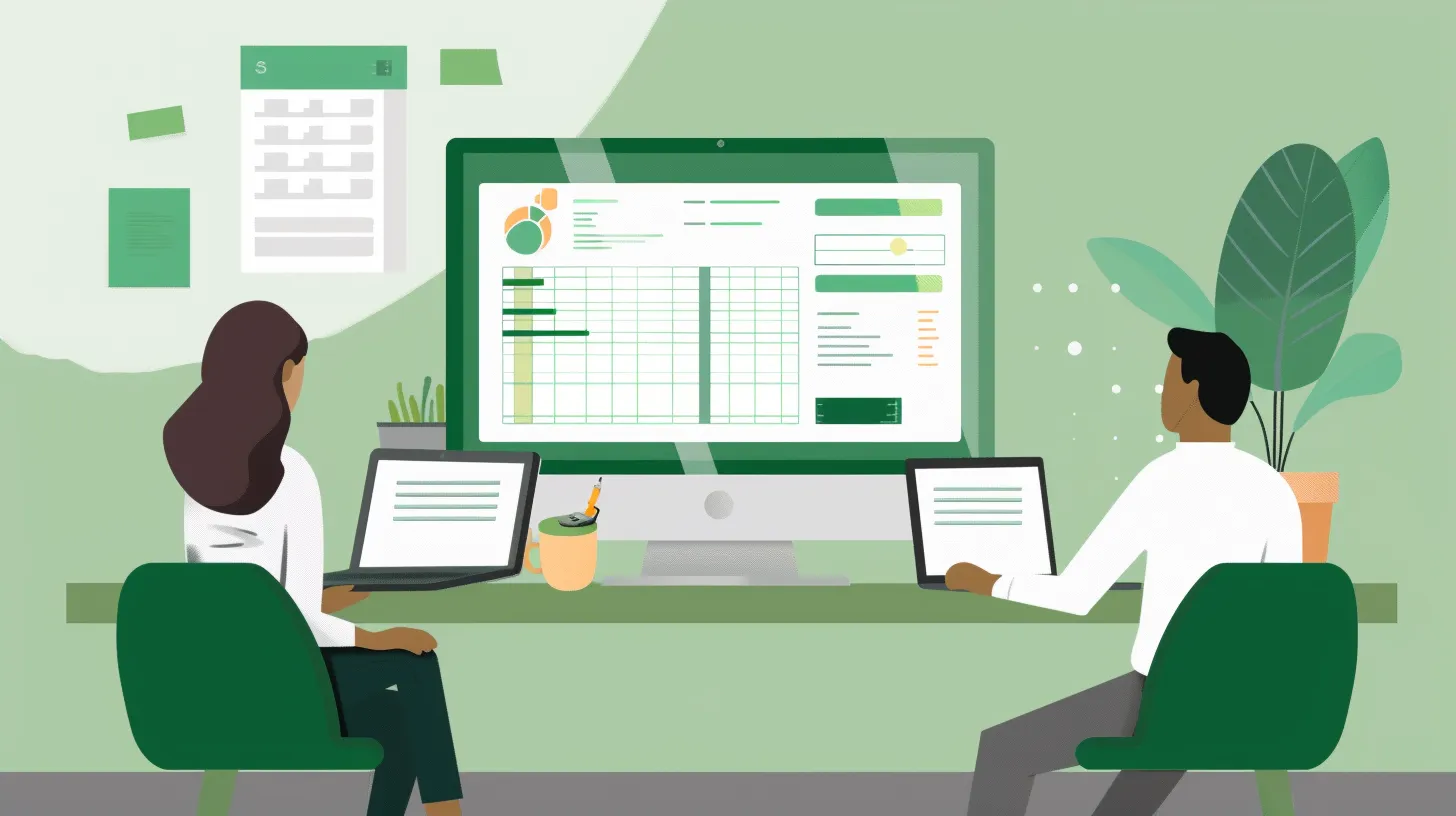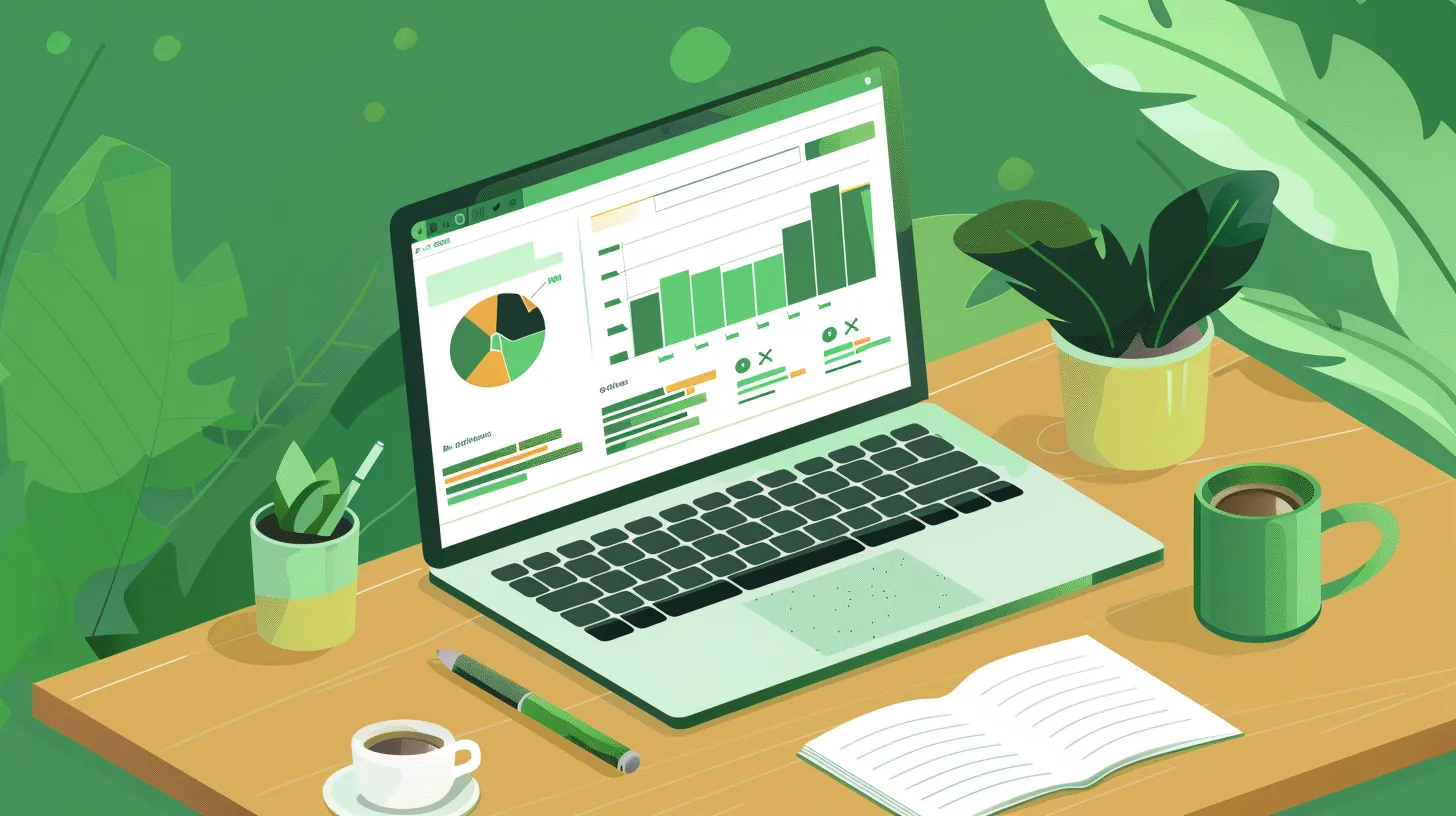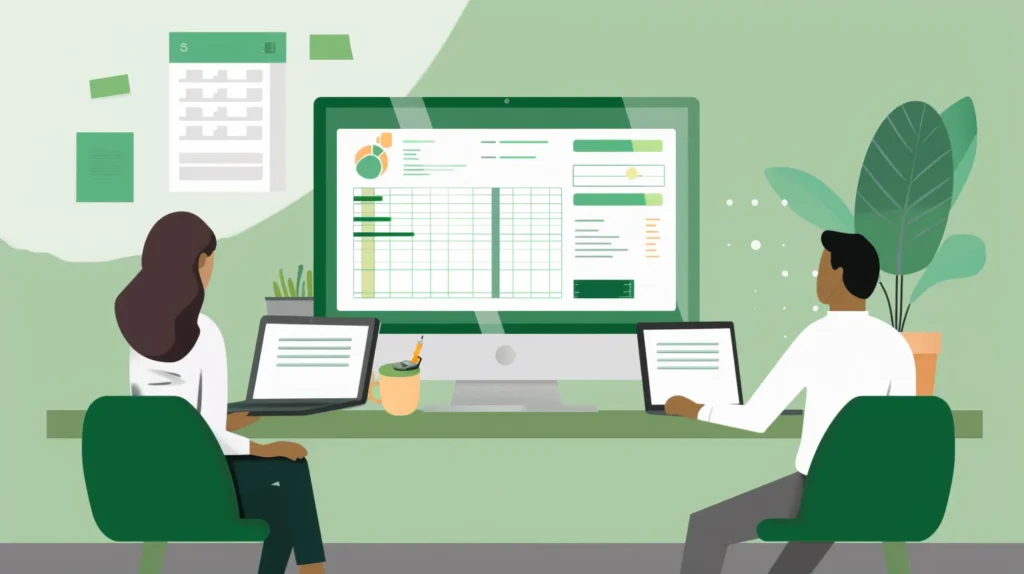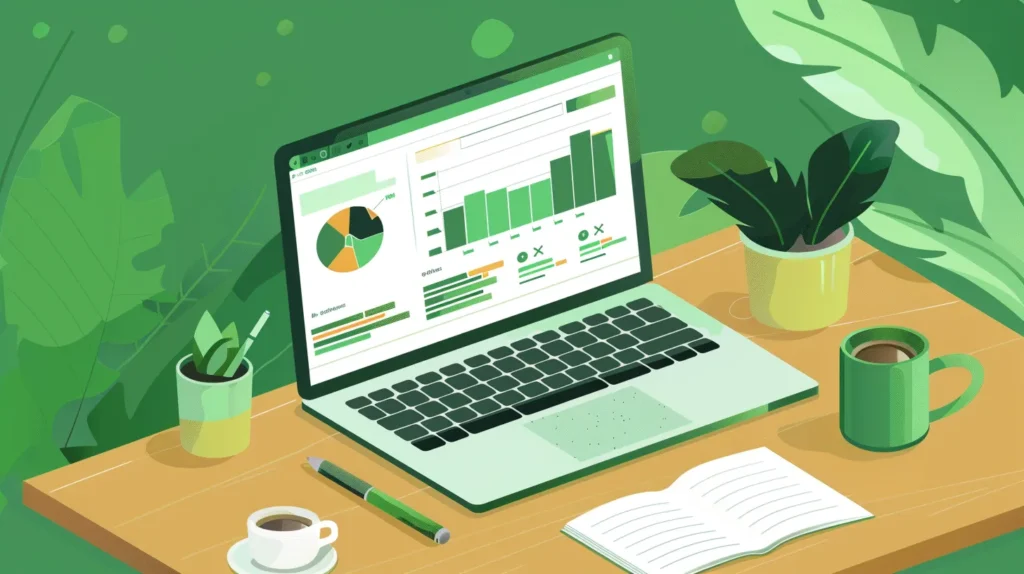 According to Shwiff, Levy & Polo, a CPA firm in San Francisco, “Small business owners often do not realize their tax preparers, unlicensed and licensed, may be putting them at risk. Both may give no advice-or even worse, incorrect advice-about complex tax laws, and only input numbers the owner provides into a tax preparation software program. The small business owner in effect serves as their own tax advisor, while still paying the tax preparer for tax counsel.”In concern, this firm issued five tips, which were published on WebCPA, to help small business owners avoid an audit. Here we review these tips in order to enable you better serve your clients by helping them avoid an IRS audit of their own.
According to Shwiff, Levy & Polo, a CPA firm in San Francisco, “Small business owners often do not realize their tax preparers, unlicensed and licensed, may be putting them at risk. Both may give no advice-or even worse, incorrect advice-about complex tax laws, and only input numbers the owner provides into a tax preparation software program. The small business owner in effect serves as their own tax advisor, while still paying the tax preparer for tax counsel.”In concern, this firm issued five tips, which were published on WebCPA, to help small business owners avoid an audit. Here we review these tips in order to enable you better serve your clients by helping them avoid an IRS audit of their own.
1. Encourage your client to use accounting software to track their finances.
If you’re doing this for them, then they’re in good shape. If you’re not, it’s important that you strongly recommend that they use this software to consistently input all financial transactions.
2. Verify that the tax preparer is licensed.
While legislation to regulate paid tax preparers is pending, currently unlicensed tax preparers are not required by law to have any tax training, or even a high school diploma, for that matter. Scwiff, Levy & Polo recommends that clients use licensed tax preparers. At Universal Accounting, we would suggest securing one that has received the Professional Tax Preparer designation.
3. Submit a list of questions.
The tax firm recommends that small business owners, “Submit [to their tax preparer] a list of questions to get the additional missing information and prove that review and analysis is being conducted.”
4. Secure proper documentation.
Have your clients require tax preparers to validate large deductions by securing the necessary documents from banks and brokerages. This would be valuable documentation that could work to their benefit in the event of an audit.
5. Update the financial database.
After the tax return has been prepared, you client must require the tax preparer to provide a list of the adjusting journal entries so they can be added to the business owner’s financial database.
When you act as an accountant and financial advisor to your clients, you’ll find your value increases significantly when you can help them avoid an IRS audit. In fact, it would help both you and your client tremendously if you received the proper training to become a tax preparer yourself! That’s why we’ve added one final step to this already helpful list:
6. Enroll in the Professional Tax Preparer program.
Your practice will become even more appealing when you add tax preparation services to your menu. Not only that but many tax preparers makemore money in the months leading up to the April 15 tax deadline than others make all year long! Since all individuals and businesses, small or large, are required to file taxes, tax preparation is a respected skill that will always be in demand. And many of your current and prospective clients would probably be happy to have you file their taxes as well as perform the standard accounting services you currently provide.
Also consider who your clients will trust to file their taxes. Countless individuals are scammed each year by people who claim to know what they’re doing. More and more are becoming weary of tax preparers without any credentials. The Tax Preparer Designation, mentioned previously, will put many of those individuals at ease, assuring them that you have been properly trained in tax preparation.
Make a New Year’s resolution to acquire the expertise necessary to become a Professional Tax Preparer. UAC’s Professional Tax Preparer (PTP) program will not only give you hands-on training in completing full individual (1040) and business returns (1065, 1120, 1120S), it will also provide you with the following:
- 20 hours of valuable video instruction
- 2 instructional manuals
- Step-by-step instruction in becoming a sole practitioner
- One year of follow-up support from expert tax preparers
- The opportunity to earn valuable professional certification
- Our iron-clad, risk-free guarantee
Increasing your service offerings could make you the premier financial provider in your area. Enroll in the Professional Tax Preparer Program today, and improve your competitive advantage while securing your business standing in the local community.
Resource“Tips for Small Businesses on Avoiding an IRS Audit.” 11 November 2009 WebCPA










